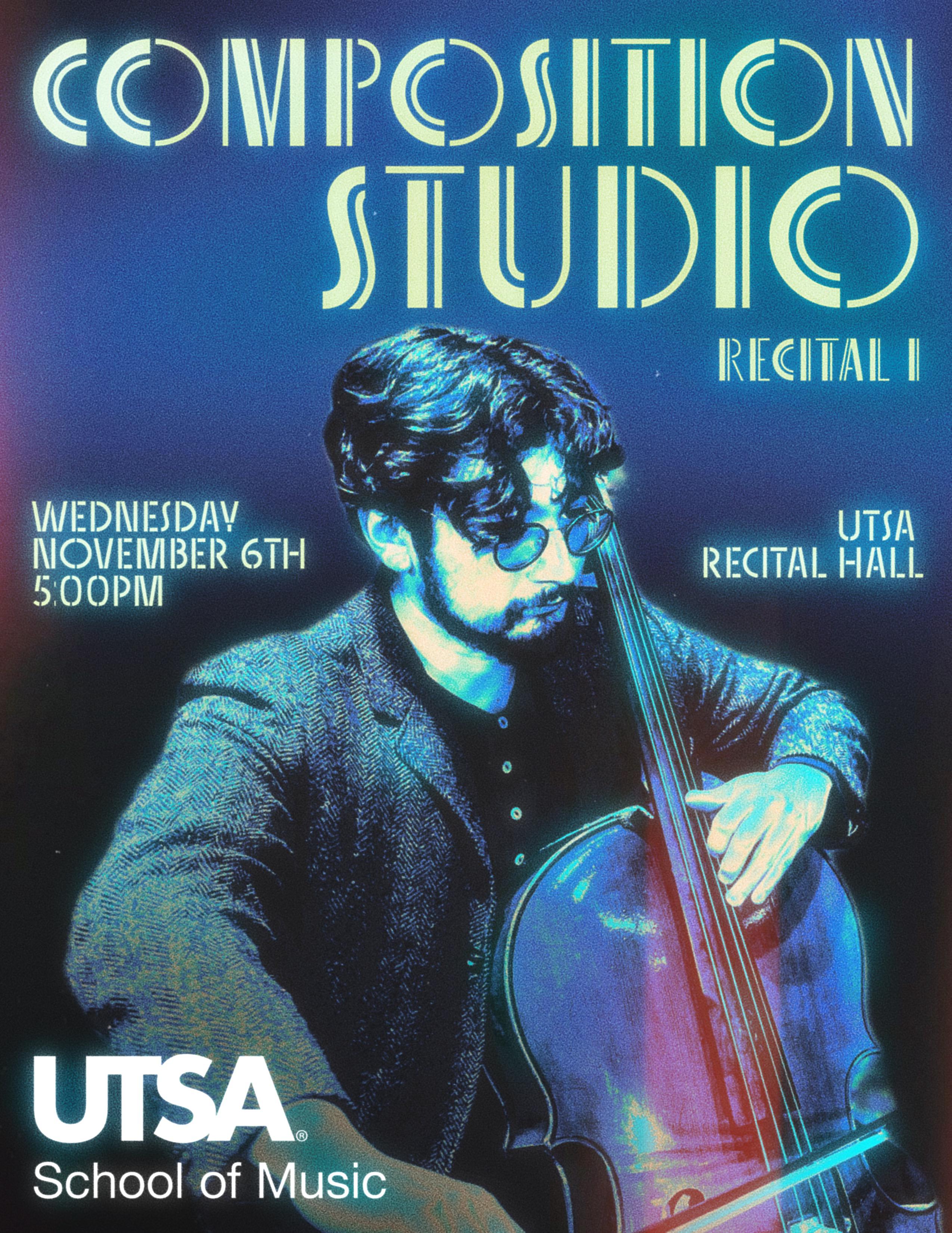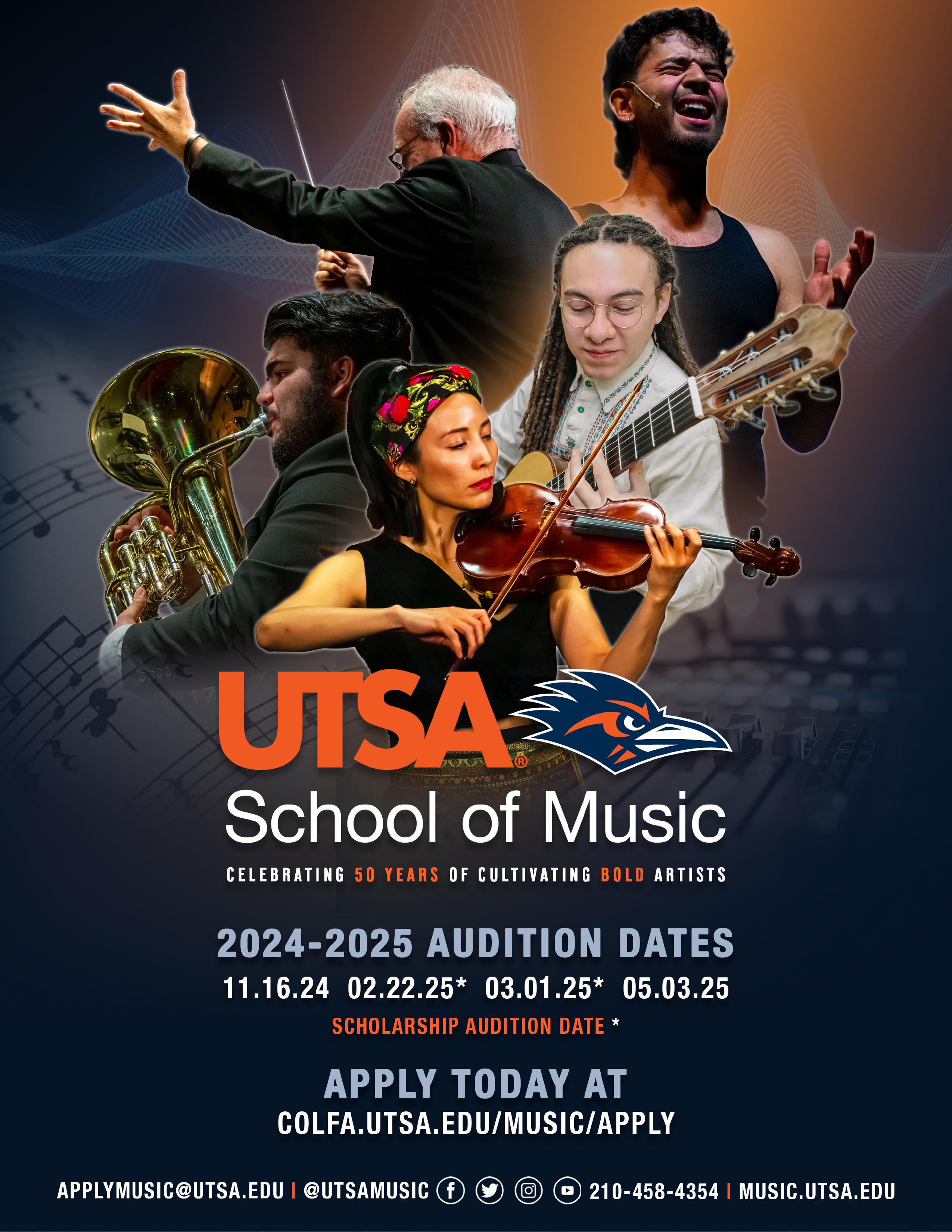
(for actress/singer/instrumentalist, computer controlled piano, and quadraphonic electronics)
Abbie Conant: Text, trombonist, singer, actress
William Osborne: Composition, text, direction, sound design, stage set
The word “Aletheia” is one of several ancient Greek words for truth and roughly means “creating a space where truth can appear.” Aletheia is an opera singer who is delighted that she has been asked to perform for an opera gala. She only needs to go down to the courtyard and impress the people with her performance…but she reconsiders, desperate…should she really sing? Why won’t her feet move? Does she not know that she lives in a cage, a cage in the form of an iron maiden?
She prepares herself, puts on her makeup, looks out the window and observes the wealthy patrons, and comments on what she sees. But in the ruins of Detroit the opera house in the middle of the city has been neglected, everything has completely collapsed, a grand piano lies tipped over on its side like a dead whale. Aletheia asks herself if her heart can survive. She tries to telephone Jeremy, a former lover? No answer. She speaks with him anyway…talk to me… She plays an instrument that stands at the side of her cage. She is alone…or? She hears a women’s choir… Madness? Hope? Death? Transcendence? Truth? Hope that her song can revive the rusting city?
In Aletheia, we explore the idea that language reveals only a simulacrum of reality due to the limitations of our perceptual and cognitive abilities. She hopes the right words will help make her young again, or at least feel and look that way, but her thinking gradually evolves toward something more complex, a hope that through language she can heal the ills of society, that it will help her sing away the soul-crushing, dehumanizing culture she sees all around her. On the most abstract level, it’s something like the “Logos” that Western philosophers have described from time immemorial, the mystical idea that language shapes material reality itself. The idea is not uncommon in classical music and was held by composers such as Mozart, Schumann, Liszt, Mahler, George Crumb, and others. It sounds like foolishness and maybe is, but if we were to put it in more modern terms, perhaps it’s something like Heisenberg’s concept that not only subatomic particles, but also perception and reality itself are intertwined in a form of quantum entanglement we cannot even begin to comprehend. At any rate, Aletheia hopes that languages and the cultures they create will transform our consciousness, the value of art in creating a more humane world.
Abbie Conant’s struggles against sexism in the orchestral world have become legendary. The story of her epic fight and ultimate victory against egregious gender discrimination in the Munich Philharmonic Orchestra where she won the position for principal trombone at a screened audition in 1980, inspired writings in print publications ranging from The Washington Post and The Wall Street Journal to Malcolm
Gladwell’s book Blink which was on the NYT Bestseller List for 18 weeks. It was also presented in a ninety minute documentary film broadcast nationally on German national television.
After winning her lengthy court case, Ms. Conant won a full-tenured Professorship at the University of Music in Trossingen, Germany and left the orchestra in 1993.
After attending the Interlochen Arts Academy for three years she became a student of Dr. Karl Hinterbichler at the University of New Mexico. She then received her B.M. cum laude at Temple University with Dee Stewart of the Philadelphia Orchestra, and her M.M. at Juilliard with Metropolitan Opera Orchestra Principal, Per Brevig. In addition, she holds an Artist Diploma from the Cologne University of Music with Branimir Slokar. While completing her studies she participated in the Colorado Philharmonic (an intensive training orchestra,) the Yale Summer Chamber Music Institute at Norfolk where she studied with John Swallow, and the Spoleto Festival dei due Mondi in Italy. From there, she won her first position as principal trombone of the Royal Opera of Turin, Italy. Her next position was principal trombone of the Munich Philharmonic for 13 years where she was awarded the official honorable title of Kammersolistin der Stadt München after 10 years of exemplary musical service to the city of Munich, Germany.
Ms. Conant has adjudicated most of the world’s most important trombone competitions including the Geneva, Porcia, Moscow Conservatory, and ITA competitions. This fall she will judge the ARD competition in Munich.
Ms. Conant has been the subject of several featured cover articles in various brass publications: International Trombone Association Journal, British Trombone Journal, The Brass Herald and others. Her CD of trombone and organ music is widely acclaimed. She has been a guest on NPR’s Performance Today as well as on the West German Radio, Southwest German Radio, Canadian Broadcast Company, and New York City’s classical station WQXR.
She has had film roles in the feature film, “The Devil’s Triangle,” directed by Vadim Glowna and in the epic 13 film story of a German composer’s life and times, Die Zweite Heimat, (The Second Homeland) by director Edgar Reitz.
Ms. Conant has students in many different orchestras and teaching positions including two former students in the Bayreuth Festival Orchestra, the Stuttgart State Opera, the Southwest German Radio Orchestra, The Hamburg Symphony, the Regensburg Symphony, and the Los Angeles Philharmonic, to name a few.
William Osborne was born 1951 in Deming, N.M., the grandson of homesteading cotton farmers. He worked his way through college at the University of New Mexico and received a BA in 1973. He then studied with George Crumb for five years while living in Philadelphia and New York, and with Franco Donatoni for two years at the L'Academia di Chiginana in Sienna and the L,Acadmeia di Santa Cecilia in Rome. He has received two ASCAP awards, a Doctoral Fellowship to Columbia University, alternate to the American Rome Prize, and a major prize from the Theater Commission of the City of Munich for his Beckett productions. He founded The Wasteland Company in 1984 along with his wife Abbie Conant as the main performer to explore women's roles in music theater.
Two doctoral dissertations have been written about William and Abbie's music theater and multimedia work, one by Dr. Jesús Fernando Lloret González at the University of Málaga, and on by Dr. Jessica D. Butler at the University of Iowa. In recent years William and Abbie have performed over 200 times in almost as many cities in America and Europe to great critical acclaim with his compositions. Their European venues have included the Munich Biennale, The Stuttgarter Tage für Neue Musik, The Hamburg State Opera, The Bavarian State Opera, The Freiburg Theater Festival, The State Theater of Kassel, Frankfurt’s Theater am Turm, Munich’s Gasteig Cultrual Center, and Nuovo Forme Sonare in Rome. They have performed at most of America’s major music schools including The Juilliard School, The New England Conservatory, Yale University, The Eastman School of Music, Oberlin, The Peabody Conservatory, Indiana University, The San Francisco Conservatory, Cal Arts, McGill, the University of California at Berkley, Ithaca College, and the University of Northern Texas.
He also has written numerous scholarly articles about women in music, music sociology and philosophical/theoretical concepts. His article "Sounding the Abyss of Otherness: Pauline Oliveros' Deep Listening and the Sonic Meditations is published in Women Making Art (New York: Lang 2000.) His article “Art Is Just An Excuse: Gender Bias In International Orchestras” was published in the Journal of the International Alliance for Women In Music, where it initiated international protests against the Vienna Philharmonic and worldwide press coverage including reports on NPR, an interview of William on ABC’s Good Morning America, and front page articles on both the New York Times and the Los Angeles Times. In January 2000 MSNBC published a major article about his work on their web new site, "Taking On the Vienna Philharmonic." His article “Symphony Orchestras and Artist-Prophets: Cultural Isomorphism and the Allocation of Power in Music” was published in Leonardo Music Journal—a joint venture of the International Society for Art, Science and Technology and the M.I.T. Press. In 1998 he was given a Special Recognition Award by the International Alliance for Women in Music for his services to women in music.
Conant and Osborne performed Aletheia in 28 cities during the 2017/18 season, and another nine of sixteen planned in 2020 before covid shut the tour down.




